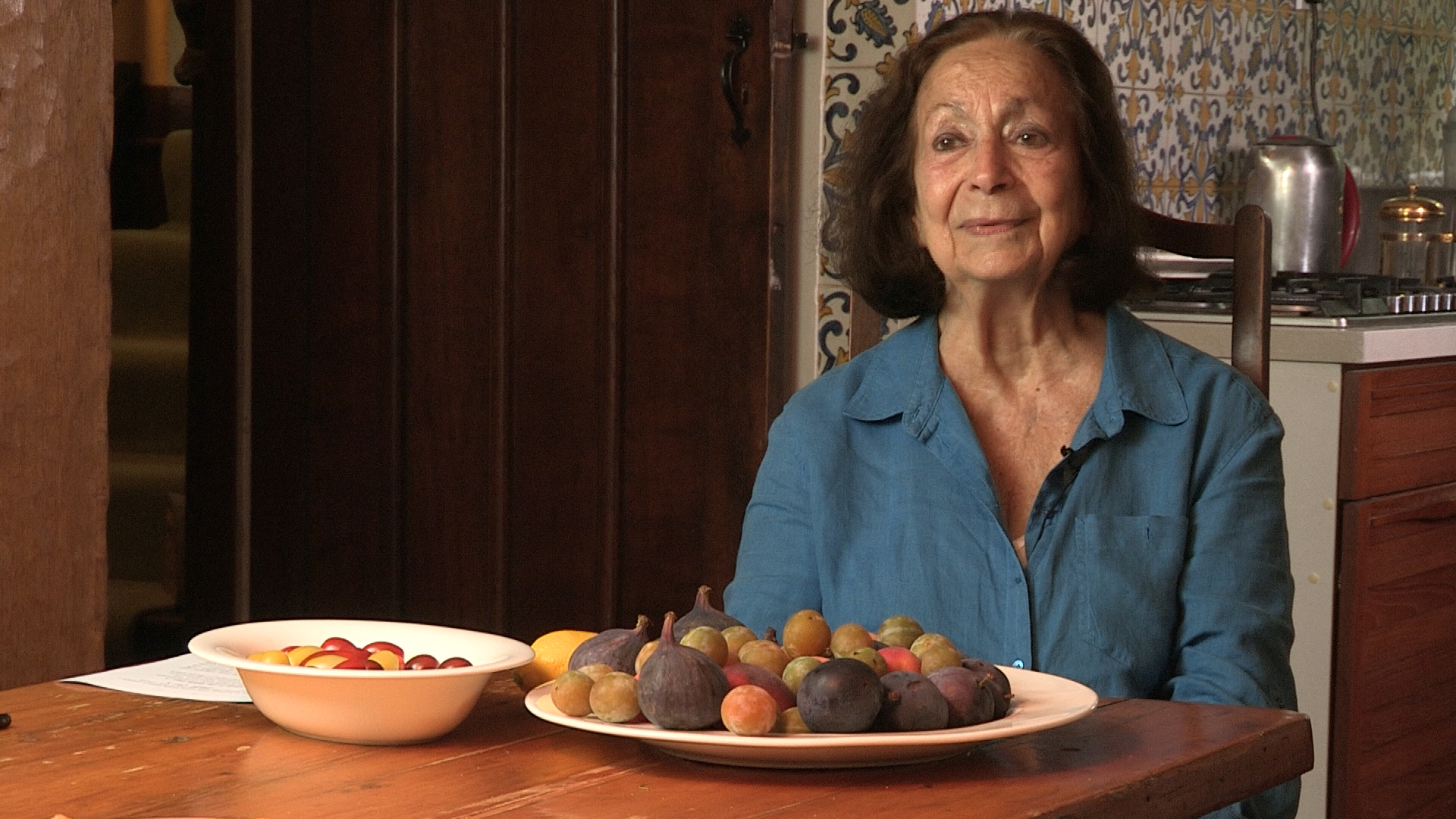NEXT STORY

The festival of regional foods in Morocco
RELATED STORIES

NEXT STORY

The festival of regional foods in Morocco
RELATED STORIES


|
Views | Duration | |
|---|---|---|---|
| 131. The poor villages in Egypt | 02:02 | ||
| 132. A bowl of different lentil soup | 02:21 | ||
| 133. Coco and Poussy | 1 | 04:03 | |
| 134. 'The cook only brings the food, doesn't say anything' | 02:57 | ||
| 135. Seminars on Egyptian food | 05:39 | ||
| 136. The history of Egyptian food | 03:58 | ||
| 137. What about dukkah? | 03:14 | ||
| 138. Egyptian nouvelle cuisine | 02:11 | ||
| 139. The businessman's not-so-impressive cooking | 01:49 | ||
| 140. The odd cuisine of Morocco | 1 | 04:33 |


I had been invited in a festival of regional foods in Morocco. It was in Fez. And it lasted for several days. And it was funny because we were put in a grand hotel. And the hotel came out with tagliatelle with something and prosciutto crudo, which was not prosciutto, it was jamon serano. But it wasn't Moroccan at all at the hotel. But this allowed me to tell you that in many countries, in Egypt as well, the hotels did not do their own cuisines. They did what was called international cuisine. And it was... it could be Japanese sushi, Mexican tacos, but a lot French and Italian still was popular. But nobody yet had started really valuing their regional cuisine. And that is why the festival wanted to make a lot of their own cuisine. And it was fantastic. Because Moroccan cuisine is the most refined, the most exquisite in North Africa. And because it's had many influences. Starting from the Arabs. And Baghdad in the Middle Ages, in the 10th century. And they have first of all their basic cuisine is a Berber cuisine, of the mountains, of which is couscous. And they have grand cuisine because of the different cities. Each city has its own cuisine. Because the cities were the capitals of Empires of great dynasties. The Almohad. The Almoravid. The Marinides. I forget all of them, but there were... wherever there has been court cuisine, there is usually something that filters down from the aristocracy into the cuisine of the country. And so, there is a very odd cuisine that is Moroccan.
But also, there is cuisine that has Andalusian. That is a hybrid, that's type of mixture of Arab, Christian, and Jewish, that developed in Spain. Because in 1492, when the Jews were banished, the Muslims were banished, who would not convert, and they found refuge in Morocco. They also went to Tunisia as well, and Algeria. But many went mainly to Morocco. And they brought all these dishes as well as the music that is called Andalusian in Morocco. And so, very often I ate... well, the pies that you get in Morocco, that's called pastilla, which is just fantastic. It's with baby pigeons, but it's also now made with fish and other things. But they always say it came from Spain. But in Spain when they made pies like that, they say it came from North Africa with the Arabs. So, they in a way honour each other. But this is the same with many dishes that I found.
Claudia Roden (b. 1936) is an Egyptian-born British cookbook writer and cultural anthropologist of Sephardi/Mizrahi descent. She is best known as the author of Middle Eastern cookbooks including A Book of Middle Eastern Food, The New Book of Middle Eastern Food and The Book of Jewish Food.
Title: The odd cuisine of Morocco
Listeners: Nelly Wolman
Claudia Roden talking to her granddaughter Nelly Wolman about her life in food.
Tags: Morocco
Duration: 4 minutes, 33 seconds
Date story recorded: September 2022
Date story went live: 04 December 2023